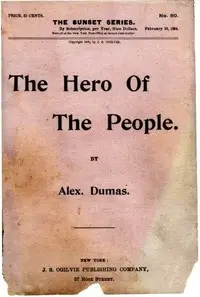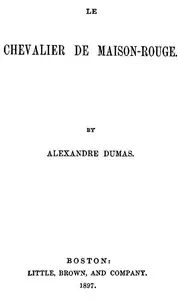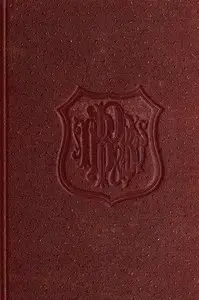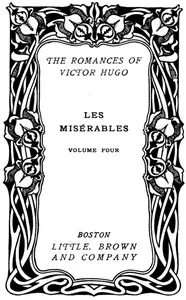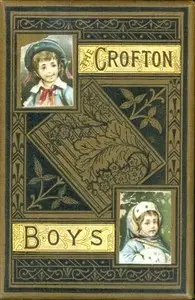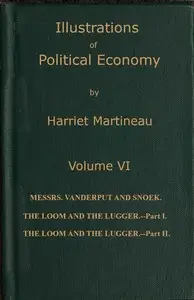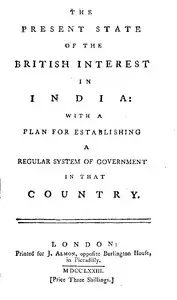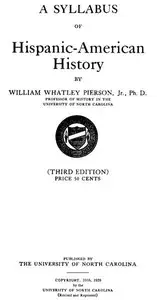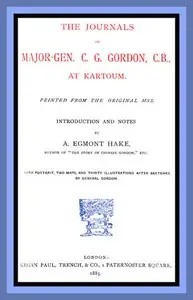"The Hour and the Man: An Historical Romance" by Harriet Martineau is a story set during the Haitian Revolution. It follows Pierre Dominique Toussaint l'Ouverture as he deals with hard choices about freedom and loyalty during a time of great chaos. Early in the story, Toussaint and his family nervously await a friend's arrival while fires spring up, signaling the start of a revolt against the unfair colonial rulers. Toussaint struggles with whether to support the uprising, worrying about the violence that might follow. The book shows the sharp differences between the passionate rebels and the worried plantation owners, hinting at a huge conflict about to break out.

The Hour and the Man, An Historical Romance
By Harriet Martineau
Amidst rising flames of revolution, a man must decide where his loyalties lie as his world erupts in violence and the fight for freedom begins.
Summary
About the AuthorHarriet Martineau was an English social theorist. She wrote from a sociological, holistic, religious and feminine angle, translated works by Auguste Comte, and, rarely for a woman writer at the time, earned enough to support herself. The young Princess Victoria enjoyed her work and invited her to her 1838 coronation. Martineau advised "a focus on all [society's] aspects, including key political, religious, and social institutions". She applied thorough analysis to women's status under men. The novelist Margaret Oliphant called her "a born lecturer and politician... less distinctively affected by her sex than perhaps any other, male or female, of her generation."
Harriet Martineau was an English social theorist. She wrote from a sociological, holistic, religious and feminine angle, translated works by Auguste Comte, and, rarely for a woman writer at the time, earned enough to support herself. The young Princess Victoria enjoyed her work and invited her to her 1838 coronation. Martineau advised "a focus on all [society's] aspects, including key political, religious, and social institutions". She applied thorough analysis to women's status under men. The novelist Margaret Oliphant called her "a born lecturer and politician... less distinctively affected by her sex than perhaps any other, male or female, of her generation."

